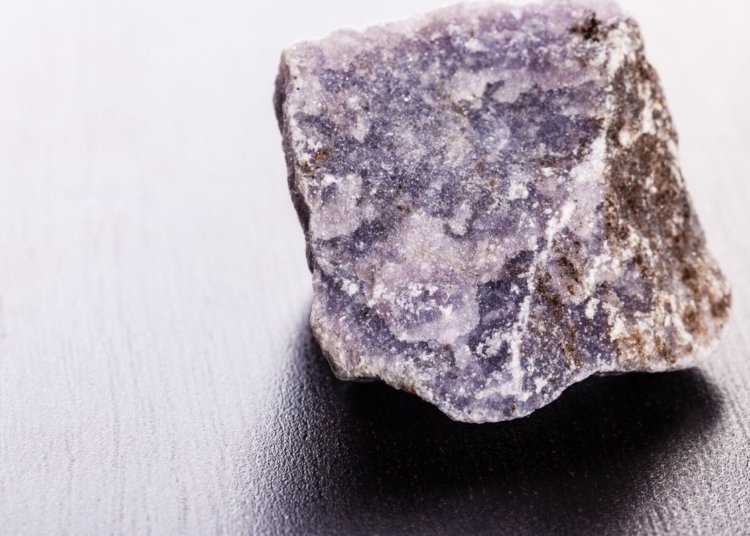PRETORIA – Zimbabwe plans to prohibit exports of lithium concentrate starting in 2027, escalating the southern African nation’s push to transform its mining industry from a raw materials supplier into a higher-value processor of battery components.
The ban extends a 2022 prohibition on raw lithium ore exports and will impact major producers including Bikita Minerals and Prospect Lithium Zimbabwe, backed by Chinese investors.
Mines Minister Winston Chitando confirmed the policy aims to boost local beneficiation, generate employment, and establish Zimbabwe as a more significant player in the global battery supply chain.
The stakes are considerable. Zimbabwe ranked as Africa’s second-largest spodumene concentrate exporter to China in the first quarter of 2025, shipping approximately 209,000 tonnes of concentrate equivalent to about 25,800 tonnes of lithium carbonate.
This volume represents substantial foreign exchange earnings that the government now wants to multiply through downstream processing.
Lithium concentrate serves as the essential raw material for producing lithium carbonate and lithium hydroxide, the key compounds used in manufacturing lithium-ion batteries for electric vehicles, smartphones, and energy storage systems.
The concentrate also gets processed into specialized lithium chemicals for glass manufacturing, ceramics, pharmaceuticals, and industrial lubricants.
global battery demand projected to grow exponentially as countries transition to renewable energy and electric transportation, control over lithium processing represents increasingly strategic economic leverage.
Chinese companies have poured investment into Zimbabwe’s lithium sector, and the ban forces them to consider establishing processing facilities domestically.
While this could accelerate technology transfer and industrial development, Zimbabwe faces significant infrastructure constraints including unreliable electricity supply and a shortage of skilled technicians.
Policy reflects a broader continental shift toward resource nationalism
Namibia and Botswana have implemented similar beneficiation requirements for their critical minerals, while South Africa recently unveiled a Critical Minerals Strategy emphasizing downstream processing, research initiatives, and regional integration.
South Africa has allocated substantial budget resources for green hydrogen and battery storage projects as part of its ambition to become a regional industrial hub.
Infrastructure deficits and skills shortages threaten to undermine these beneficiation goals, while volatile global lithium prices add uncertainty to investment decisions.
Zimbabwe has already delayed portions of its policy amid price declines, highlighting the risks of advancing too rapidly without adequate industrial foundations.
Mining executives and development experts emphasize that success will require enhanced regional coordination through frameworks like the African Union’s Green Minerals Strategy and the African Continental Free Trade Area.
Fragmented national approaches risk weakening collective bargaining power with international investors and diluting the impact of individual policies.
Zimbabwe’s export prohibition represents one of the most assertive moves by an African government to claim greater value from its mineral wealth. The outcome will likely influence similar policies across the continent as resource-rich nations balance the immediate revenue from raw material exports against the longer-term benefits of industrial development.
Market analysts note that lithium prices have declined from their 2022 peaks, reducing the immediate financial pressure on battery manufacturers while giving governments more leverage to impose processing requirements.
The timing of Zimbabwe’s ban coincides with growing global attention to supply chain security and the geographic concentration of critical mineral processing in China.
Success will depend on Zimbabwe’s ability to attract processing investment while simultaneously addressing power supply reliability and workforce development.
The country’s experience could establish a template for other African nations seeking to move beyond commodity exports, or serve as a cautionary example of the challenges facing resource-dependent economies attempting rapid industrial transformation.
























